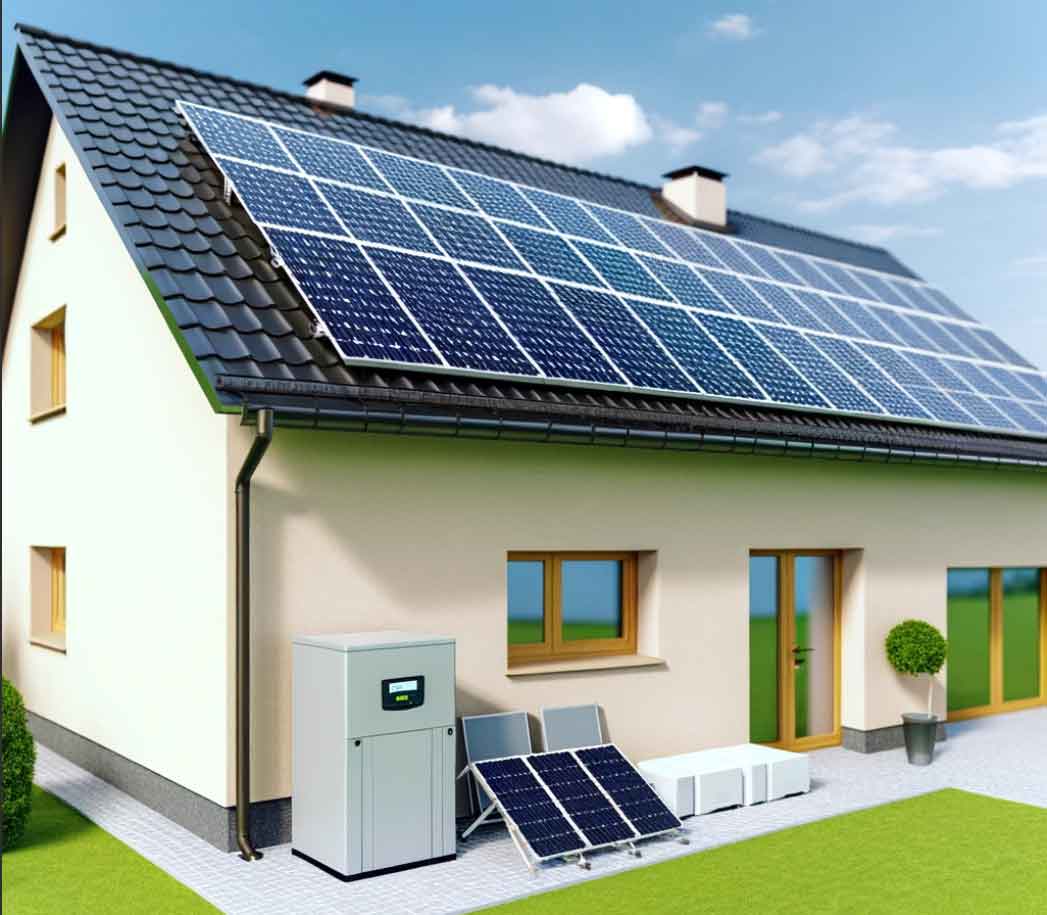
Grid integration challenges for solar panel systems arise from the intermittent nature of solar power generation and the need to ensure stability and reliability of the electrical grid. Here are some key challenges and potential solutions:
Challenges:
- Intermittency: Solar power generation is dependent on sunlight, which is variable and not always predictable. This can lead to fluctuations in power output that need to be managed to maintain grid stability.
- Grid Stability: Solar power can introduce instability to the grid due to its intermittent nature, which can affect voltage and frequency regulation. This is particularly challenging for grids with high levels of solar penetration.
- Reverse Power Flow: Solar panels can feed excess power back into the grid, which can lead to voltage rise and other issues if not properly managed.
- Grid Congestion: In some regions, high levels of solar power generation can lead to congestion on the grid, requiring additional infrastructure to accommodate the influx of solar energy.
Solutions:
- Energy Storage: Using energy storage systems, such as batteries, allows excess solar power to be stored and used when sunlight is not available, smoothing out fluctuations in power output.
- Demand Response: Encouraging consumers to adjust their electricity usage based on solar power availability can help balance supply and demand on the grid.
- Grid Upgrades: Upgrading grid infrastructure, such as adding smart grid technologies and improving transmission capacity, can help accommodate higher levels of solar power generation.
- Grid-Interactive Inverters: Inverters that can communicate with the grid and adjust power output based on grid conditions can help stabilize the grid and manage reverse power flow.
- Microgrids: Creating microgrids that can operate independently or in conjunction with the main grid can help manage solar power generation locally and reduce reliance on the main grid.
- Advanced Forecasting: Improved forecasting techniques can help predict solar power generation more accurately, allowing grid operators to better manage grid stability.
- Regulatory and Market Reforms: Implementing policies and market mechanisms that incentivize grid-friendly solar power generation and consumption can help address grid integration challenges.
By addressing these challenges through a combination of technological advancements, grid upgrades, and policy changes, solar panel systems can be effectively integrated into the electrical grid, contributing to a more sustainable and reliable energy system.
